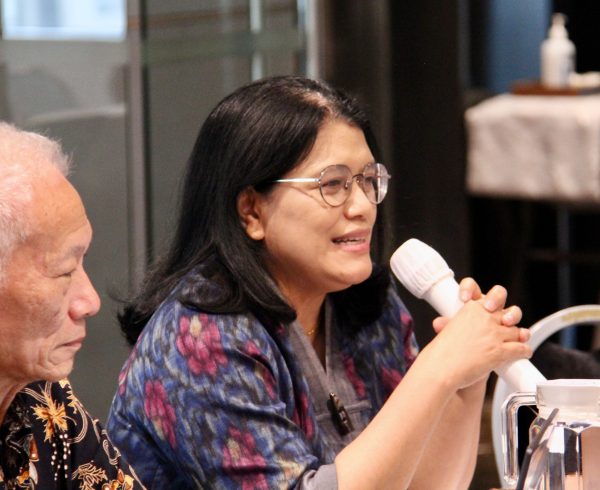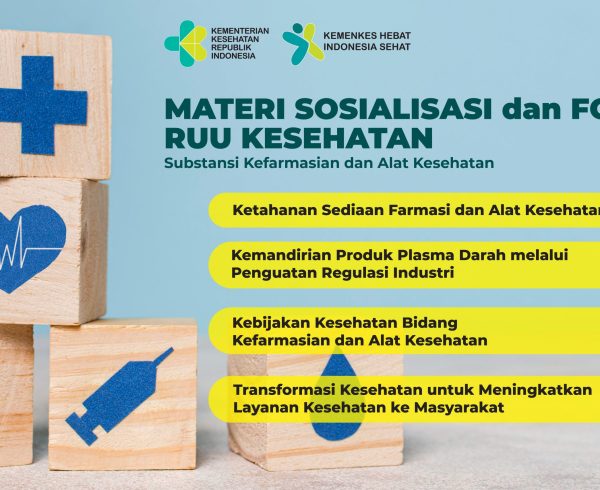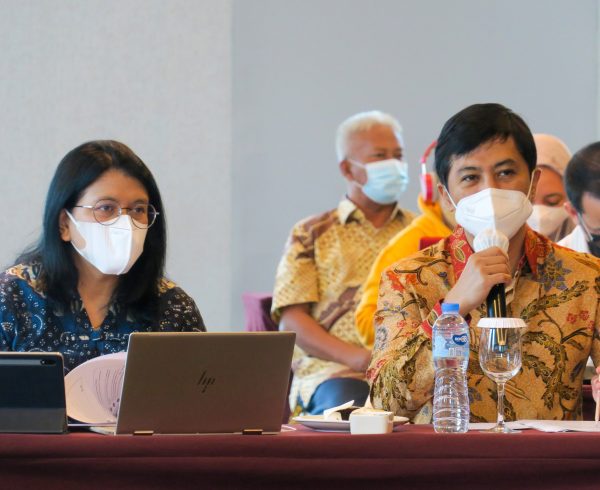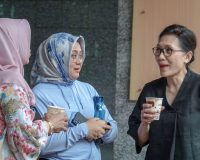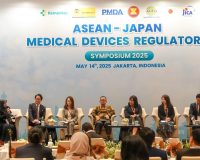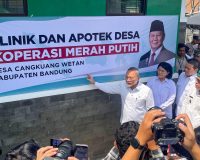Biaya pelayanan kesehatan di Indonesia dari tahun ke tahun terus meningkat, Badan Penyelenggaraan Jaminan Sosial (BPJS) Kesehatan mencatat biaya pengobatan katastropik menempati urutan teratas pada klaim Jaminan Kesehatan Nasional (JKN). Peningkatan ini disebabkan oleh berbagai faktor antara lain meningkatnya populasi usia lanjut, prevalensi penyakit kronis, dan perkembangan inovasi teknologi kesehatan yang sangat pesat.
Selain itu, dengan perkembangan literasi kesehatan masyarakat, dan semakin mudahnya masyarakat mendapatkan pelayanan kesehatan, maka pembiayaan kesehatan di Indonesia diprediksi akan terus meningkat.
Kedua hal tersebut semakin menegaskan perlunya penilaian teknologi kesehatan yang mendukung kendali mutu dan kendali biaya untuk memastikan teknologi kesehatan yang digunakan aman, efektif dan cost-effective.
Proses Penilaian Teknologi Kesehatan (PTK) dilakukan berdasarkan Peraturan Menteri Kesehatan Republik Indonesia Nomor 51 Tahun 2017 tentang Pedoman Penilaian Teknologi Kesehatan (PTK) atau Health Technology Assessment dalam Program Jaminan Kesehatan meliputi aspek klinis, epidemiologi, statistika, ekonomis, sosial, budaya, etika, politik, dan agama.
Salah satu komponen penting dalam PTK adalah kajian evaluasi ekonomi, termasuk untuk obat, yaitu studi farmakoekonomi. Dengan adanya PTK di Indonesia maka farmakoekonomi memiliki kesempatan untuk berkembang lebih baik dan luas. Tuntutan akan Universal Health Coverage (UHC)/Jaminan Kesehatan Nasional (JKN) yang membutuhkan kendali mutu kendali biaya sesuai dengan regulasi jaminan kesehatan, juga memberi kesempatan untuk studi ini berkembang.
Sehubungan dengan hal tersebut, Ditjen Kefarmasian dan Alat Kesehatan Kementerian Kesehatan RI melalui Direktorat Produksi dan Distribusi Kefarmasian menyelenggarakan kegiatan Seminar Nasional “Perkembangan Studi Farmakoekonomi di Indonesia dan Perannya dalam Mendukung Jaminan Kesehatan Nasional (JKN)” pada 5 Juni 2023 di Hotel Manhattan Jakarta.
Kegiatan ini diikuti oleh BPJS, BPOM, Komite Penilaian Teknologi Kesehatan Ditjen Pelayanan Kesehatan, Pusat Kebijakan Pembiayaan dan Determinasi Kesehatan (PDK), Pusat Kebijakan Sistem Ketahanan Kesehatan dan Sumber Daya Kesehatan, Dinas Kesehatan, Akademisi, Rumah Sakit dan Organisasi Profesi Kesehatan.
Plt. Direktur Produksi dan Distribusi Kefarmasian, Roy Himawan dalam laporannya menyampaikan tujuan dilaksanakannya kegiatan ini adalah untuk meningkatkan pemanfaatan hasil studi/kajian farmakoekonomi dalam mendukung kebijakan pelayanan kesehatan dan pemenuhan kebutuhan data studi/kajian farmakoekonomi dalam negeri yang sesuai dengan populasi dan pembiayaan di Indonesia.
Perkembangan kajian/studi farmakoekonomi di Indonesia sangat pesat, hingga tahun 2020 terdapat kurang lebih 334 artikel akademik tentang farmakoekonomi yang terpublikasi. Adanya jurnal-jurnal akademik ini membantu negara dalam menentukan kebijakan dalam pengambilan keputusan terkait obat, dan juga untuk berbagai intervensi kesehatan lainnya yang memiliki nilai efektivitas sebanding dengan biaya.
Dalam sambutannya, Direktur Jenderal Kefarmasian dan Alat Kesehatan, L. Rizka Andalusia menyampaikan pemilihan obat atau intervensi kesehatan yang cost effective memungkinkan penggunaan dana pelayanan kesehatan menjadi lebih rasional, sehingga kualitas maupun cakupan pelayanan kesehatan dapat semakin ditingkatkan.
“Saya memandang penting penyajian berbagai studi farmakoekonomi khususnya dengan setting data di Indonesia yang sudah aktif dilakukan oleh akademisi dan praktisi rumah sakit terpilih sehingga dapat dijadikan rujukan informasi dan referensi yang dapat diakses dan digunakan sebagai dasar dalam pengambilan keputusan, serta best practice bagi peneliti/praktisi lainnya,” ujar Rizka.
Selain itu, database hasil studi farmakoekonomi ataupun PTK di Indonesia juga menjadi hal penting yang akan disiapkan, dalam mendukung pemanfaatan studi farmakoekonomi di era JKN.
Direktur Pengelolaan dan Pelayanan Kefarmasian, Agusdini Banun Saptaningsih sebagai salah satu narasumber menyampaikan salah satu kriteria penilaian usulan obat baru (obat dengan zat aktif baru atau indikasi baru yang masih berlaku masa patennya dan belum tercantum fornas) harus disertakan artikel hasil analisis farmakoekonomi atau Health Technologi Assesment (HTA). Usulan online obat baru tersebut nantinya akan dibahas oleh Tim Komnas Seleksi Obat dan Fitofarmaka bersama Komite PTK.
“Dengan penerapan Fornas sebagai kendali mutu dan kendali biaya maka pelayanan pelayanan kesehatan menjadi lebih bermutu dengan belanja obat yang terkendali (cost efective), pelayanan kesehatan kepada masyarakat makin efektif dan efisien, dan memudahkan perencanaan dan penyediaan obat di seluruh fasilitas pelayanan kesehatan sesuai dengan tingkatan dan kebutuhan,” lanjut Dini.
Salah satu peserta seminar nasional, Cherry Rahayu, S.Si.,Apt selaku Kepala Instalasi Farmasi RSUP dr.Hasan Sadikin menyampaikan bahwa Seminar Nasional terkait Farmakoekonomi sangat bermanfaat untuk memberikan masukan dari hasil-hasil kajian yang dilakukan Timja Farmakoekonomi, baik dari Komite HTA maupun praktisi RS dalam memberikan hasil penelitiannya.
“Harapan kedepan Ilmu Farmakoekonomi harus mulai digaungkan di semua RS /user. Penelitian farmakoekonomi di RS harus disharing penelitiannya dengan RS lain, sehingga penelitian dapat berguna di semua tempat. Timja harus dapat merangsang RS untuk mempunyai data yang bagus agar penelitian farmakoekonomi ini mempunyai nilai yang objektif.” tutup Cherry.


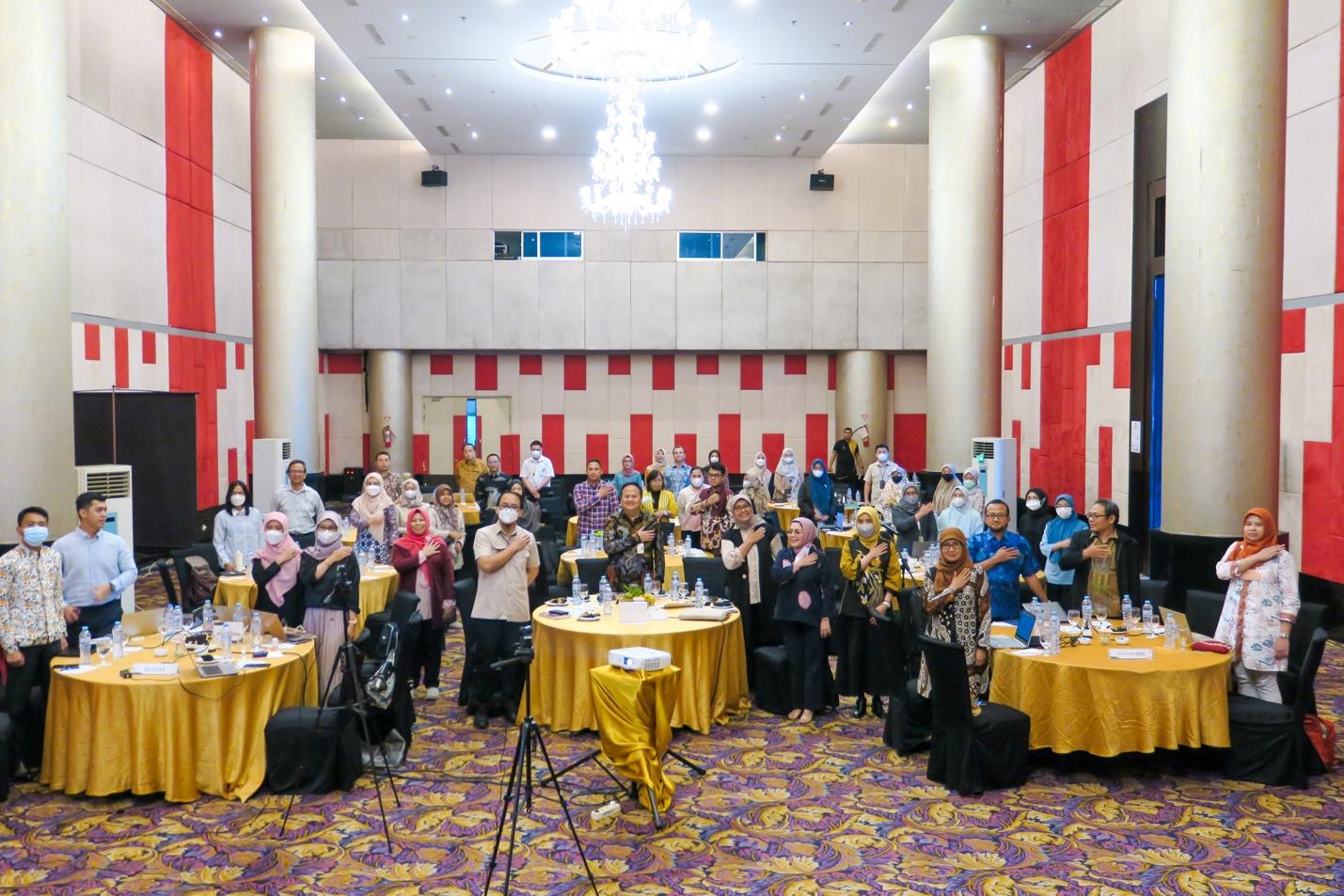 Seminar Nasional “Perkembangan Studi Farmakoekonomi di Indonesia dan Perannya dalam Mendukung Jaminan Kesehatan Nasional (JKN)” pada 5 Juni 2023 di Hotel Manhattan Jakarta
Seminar Nasional “Perkembangan Studi Farmakoekonomi di Indonesia dan Perannya dalam Mendukung Jaminan Kesehatan Nasional (JKN)” pada 5 Juni 2023 di Hotel Manhattan Jakarta
